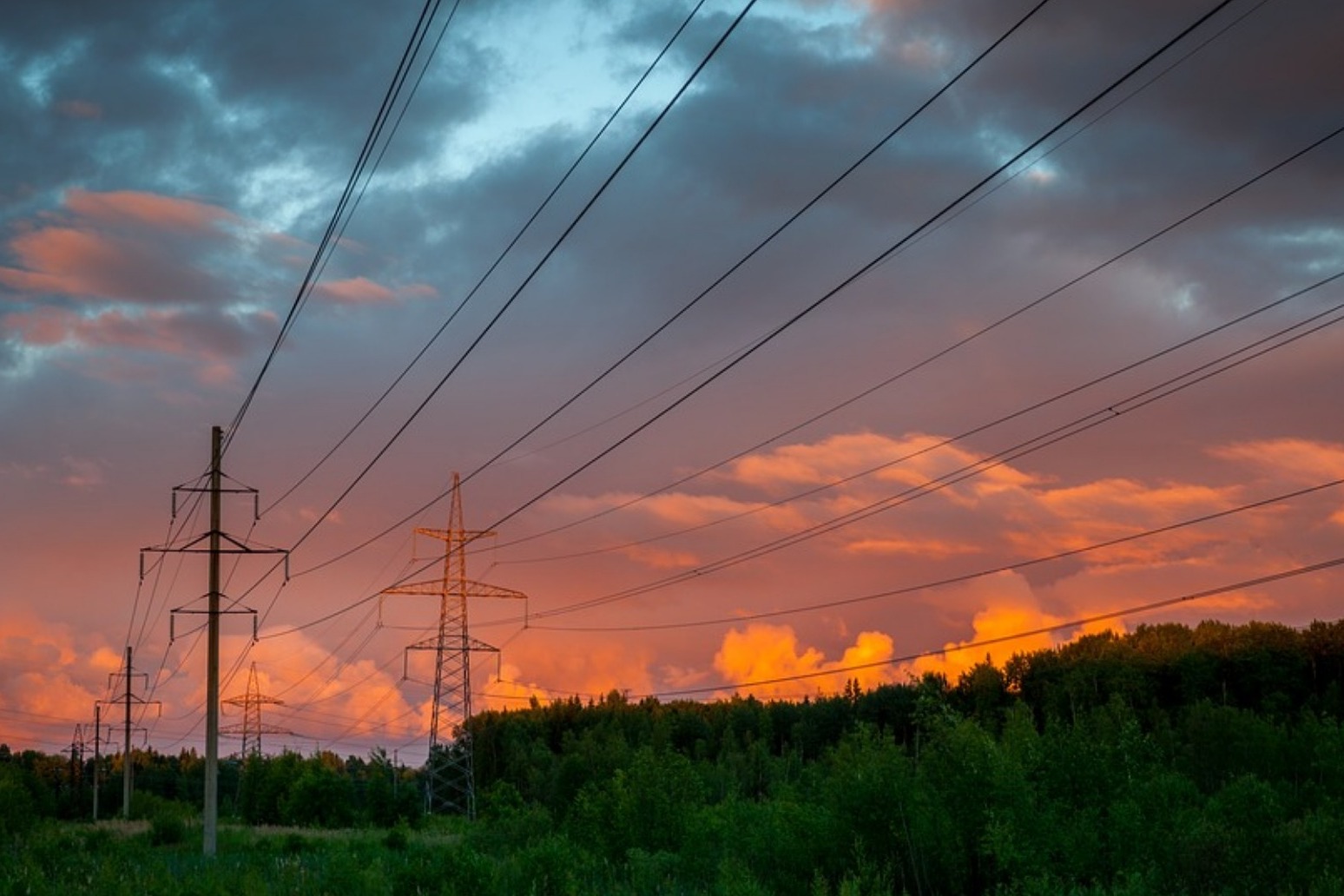
Ofgem extends safeguard tariff to cover some of the most vulnerable customers
Ofgem has announced plans to extend their safeguard tariff to almost one million more vulnerable households following a recommendation from the Competition and Markets Authority.
These customers’ bills will fall because suppliers have to cut their prices to below the cap. Based on the latest figures we’ve announced today, they will typically save over £60 on average over the next year.
Why has Ofgem extended the safeguard tariff to vulnerable customers—and who will benefit?
Poorest on worst deals
Energy is an essential service.
Yet many poorer consumers struggle to afford to heat and light their homes.
Our annual State of the Market report, which we published in October, highlights that poorer consumers are hit hardest by high energy prices—and the situation has got worse.
In 2015, the poorest 10% of households spent an average of 9.7% of their income on energy, compared to 5.8% of their income in 2005.
We know that low-income households tend to use less energy, which means that they could be rationing their energy or stopping using it altogether in order to save money.
While poorer consumers are hit hardest by higher energy prices, we also know that they are more likely to be on the most expensive deals.
Our research shows that consumers with vulnerable characteristics—on low incomes, social housing renters, aged 65 or over, or living with a disability—find it difficult to engage in the market.
They are more likely to lack confidence, or to be wary of switching tariff or supplier.
That means that these vulnerable consumers are more likely to be paying hundreds of pounds a year more than savvy energy shoppers—who typically are more affluent—who switch to the best deals.
Suppliers stopped from overcharging
Protecting vulnerable customers is a priority for Ofgem. We have already moved to cap how suppliers can charge indebted customers who cannot pay their energy bill to install prepayment meters under warrant.
We have worked with industry to reduce the number of disconnections, while fewer people are in debt. Record numbers of customers are on suppliers’ ‘priority services registers’, receiving free help and advice to manage their energy day to day—for example, braille bills for visually impaired customers.
But as we have seen, higher energy prices, compounded by the difficulty that many have in engaging in the market, are hitting vulnerable customers hard.
That’s why we have extended the prepayment meter safeguard tariff to almost 1 million vulnerable customers this month.
The safeguard tariff, which is a key part of Ofgem’s plan to make the energy market fairer for all consumers, ensures that those who are protected and on the worst deals—normally standard variable tariffs—will be better off.
It does this by stopping suppliers from charging these customers too much and is calculated on an estimate of the true underlying cost of supplying energy. This means those protected can be reassured that any rise in prices is justified.
Initially, almost 1 million vulnerable customers who receive the government’s Warm Home Discount and are on poor value standard variable tariffs are being protected. These customers are typically pensioners and on low incomes.
Ofgem is also working with the government to put in place temporary protection for all customers—including the vulnerable—who are on poor value default deals later this year.
If this wider price protection is not in place for next winter, Ofgem will extend its safeguard tariff to another 2 million vulnerable customers so that those who need it most get help as quickly as possible.
Price protection for vulnerable could remain
The government’s current draft bill states that its price protection to cap default deals is temporary and will end no later than 2023.
This will allow time for Ofgem’s reforms designed to improve engagement to be put in place and for the roll-out of smart meters to be completed.
But we accept that however easy it becomes to engage in the market, there will always be some households, particularly the vulnerable, who struggle.
As we move towards a smarter, more competitive energy market, there is risk that some of the most vulnerable in society could get left further behind unless Ofgem acts.
With a wider range of energy deals and new products like time of use tariffs to choose from, vulnerable customers may find it even harder to get the best deals in the future.
That’s why we may decide to leave in place price protection for the most vulnerable even after the wider price cap is withdrawn.
Published: by Radio NewsHub